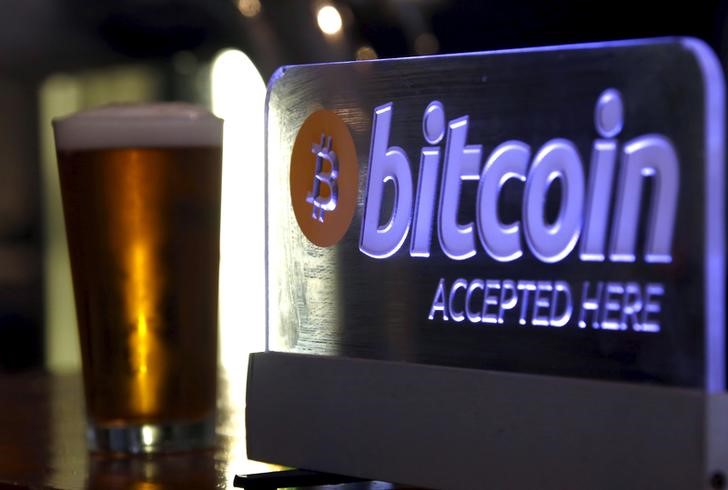Fuad Fatullaev, Founder and CEO of WeWay ‒ entertainment ecosystem and NFT Marketplace for creators, celebrities and their fans.
Making a living by the sheer act of playing video games seemed like a crazy idea or a dream 10, 20, or 30 years ago. But as time passes, new technologies emerge – providing everyone with great benefits – even earning a livelihood.
One of these emerging technologies is the decentralized finance (DeFi) industry, which has not only introduced innovative mechanisms and tools for its users to manage their personal finance – it’s also given gamers across the world the opportunity to generate income with Play-To-Earn (P2E) games.
The Rise of the Play-2-Earn Industry Unless you live under a rock, you might have heard before of NFTs, and some successful examples of P2E companies leveraging NFTs and blockchain technology to create a massive ecosystem of gamers who are constantly playing and selling their assets – all inside a highly scalable in-game economy.
The P2E industry, also known as GameFi, started booming in 2021 – a year when the blockchain-based game Axie Infinity became a worldwide hit with roughly 3 million active users in November of that same year. Soon after, inspired by the success of Sky Mavis – the studio behind Axie Infinity – numerous startups and NFT-based games projects were being created almost every day.
By early 2022, Axie Infinity surprised the world by becoming one of the highest revenue-generating gaming companies in the world with over $4 billion in sales. Companies of all industries are now pouring billions of dollars into the NFT and P2E industry, such as Ubisoft, who’s leveraging the Tezos protocol to add NFTs to its popular titles.
However, one problem that’s surely stunning market growth is that there are a lot of corporations and people that don’t believe nor think P2E technology has a future, and that’s all a bubble that sooner or later will pop.
But many inside and outside of the DeFi realm believe that P2E and blockchain technology is a step toward the future of the internet and gaming as we know it. Several corporations and crypto companies are already investing considerable capital into expanding the P2E movement throughout the world. YGG SEA, a subDAO of YGG (Yield Guild Games) raised over $15 million to boost GameFi adoption, primarily in Southeast Asian countries.
So… What is P2E and Does it Work? The name is pretty much self-explanatory. You play video games and receive rewards. Simple, right? But barely every video game ever made in the traditional gaming world rewards the player with in-game objects, such as weapons, resources, etc., for completing quests and challenges. So what makes P2E any different? Well, in the case of the P2E industry, these rewards can be in the form of cryptocurrency tokens or NFTs, which are unique and non-interchangeable units of data stored on the blockchain that can be sold within the game’s own marketplace or in secondary markets.
Let’s take for example Axie Infinity. First of all, players buy a couple of Axies – the creatures within the game’s metaverse – to set their team and start battling against other Axies in the campaign mode or against other players in the arena mode. Both scenarios reward the player with Small Love Potion (CRYPTO:SML) and the Axie Infinity Token (CRYPTO: AXS), which can be used to buy and trade in-game NFTs.
A Different Economy In the traditional gaming industry, every activity takes place in a centralised ecosystem and data is stored in a single place controlled by the game developers. There’s always the risk of cyber threats and data leaks. In the decentralized model of GameFI, users have complete ownership of their assets and are free to trade them with other players inside and outside of the ecosystem.
Usually, game developers take 100% of the proceeds from sales, but with GameFi, profits can be redistributed to the community, key stakeholders, and developers, whereas in traditional games developers take the entire cake with them.
However, the problem with traditional game publishers coming into the DeFi space is finding, adopting and balancing the use of blockchain technology and NFTs for its clients. Such is the case with Ubisoft when it partnered with DeFi protocol Tezos to launch Ubisoft Quartz – the company’s official NFT marketplace to trade Tom Clancy’s Ghost Recon Breakpoint NFTs.
And players just weren’t happy with the sudden delivery of NFTs and the overall tokenization process. So it would be a matter of studying emerging markets and our own audience to see if there’s an opportunity to be seized.
The Takeaways Undoubtedly, blockchain technology offers a lot of solutions for the current finance industry, but with the rise of DeFi, the scope has been broadened, and now cryptocurrencies are more than just Bitcoin.
Many experts believe 90% of the gaming industry will transition to a P2E system. NFTs, thanks to blockchain technology, allow gamers to have total ownership of their assets and generate an income by doing what they love most: playing video games.
© 2022 Benzinga.com. Benzinga does not provide investment advice. All rights reserved.
